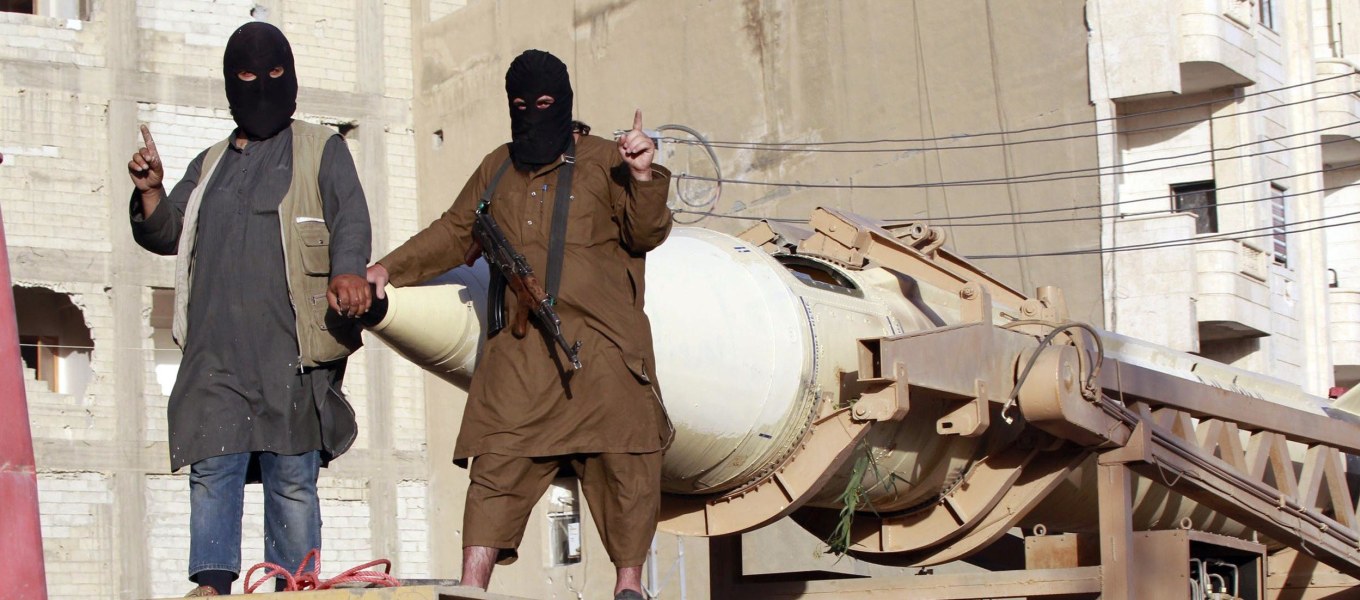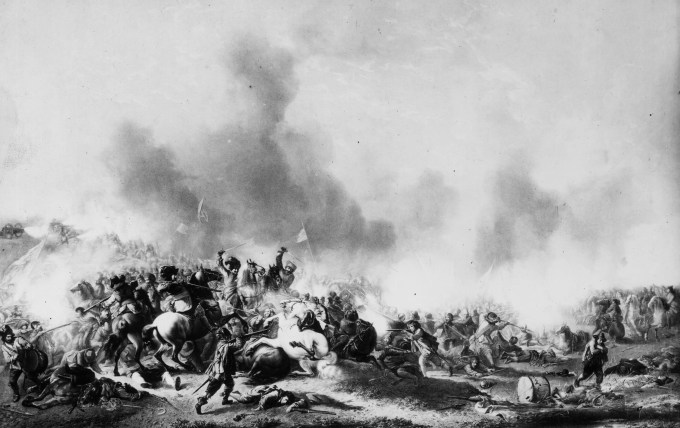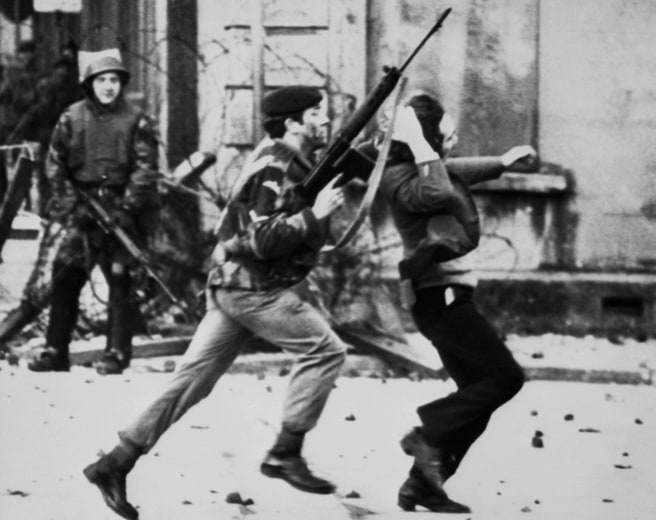President Obama faced sharp criticism for his immigration policies here Wednesday even as the White House stepped up efforts to cope with the tens of thousands of children and teens from Central America who have poured into Texas’ Rio Grande Valley.
Obama insisted he is “intimately aware of” the problems on the Southwest border, telling a news conference that his administration has assigned more Border Patrol agents and deployed more surveillance than ever before to stop illegal immigration, and that it deports almost 400,000 people each year.
Pressed to explain why he isn’t visiting Border Patrol stations or detention facilities during his two-day visit to Texas, he said that Homeland Security Secretary Jeh Johnson has visited the border five times recently “at my direction” and “then comes back to me and reports extensively everything that is taking place.”
“So there’s nothing that is taking place down there that I am not intimately aware of and briefed on,” Obama said.
“This isn’t theater,” he added. “This is a problem. I’m not interested in photo ops. I’m interested in solving the problem.”
With new Customs and Border Patrol figures showing that 57,000 unaccompanied minors have been apprehended after illegally crossing the border since last October — an increase of 5,000 since June 15 — Vice President Biden called the presidents of Guatemala, El Salvador and Honduras to seek their assistance in stemming the flow.
Biden sought to “warn about dangers involved in travel to the U.S. and to counter misinformation about U.S. immigration policy spread by criminal smuggling organizations,” the White House said.
He also discussed Obama’s request to Congress for $3.7 billion, which includes $300 million to help governments re-integrate young people deported from the U.S. as well as to help “address factors contributing to increases in migration.”
Making his first trip to the state since the crisis hit the headlines this summer, Obama was greeted on the tarmac at Dallas-Fort Worth International Airport by Gov. Rick Perry, who has decried the president’s immigration policies. The two shared a 15-minute helicopter flight and a limousine ride before attending a roundtable discussion about border issues.
In a subsequent statement, Perry did not directly attack Obama. “Five hundred miles south of here in the Rio Grande Valley, there is a humanitarian crisis unfolding that has been created by bad public policy, in particular the failure to secure the border,” Perry said. “Securing the border is attainable, and the president needs to commit the resources necessary to get this done.”
Asked to respond by reporters, Obama called on Congress to make the $3.7 billion available and to pass immigration reforms. “The bottom line is, actually, there is nothing the governor indicated he’d like to see that I have a philosophical objection to,” Obama said.
Obama’s aides portrayed his visit here as part of a sales tour for his proposed spending plan to speed up deportation proceedings, stiffen security on the border, and care for the young immigrants.
“This administration at the specific direction of the president is moving forward with a sense of urgency on multiple fronts to address the situation on the border,” Josh Earnest, the White House spokesman, said. “We call on Congress to act with a similar sense of urgency.”
It’s far from clear if Congress will approve the request, however. On Wednesday, the president took flak for planning to visit only Dallas and Austin, where he will raise money for fellow Democrats and give a speech on the economy.
“How can you have a humanitarian crisis and not want to go see it for yourself?” Sen. John Cornyn (R-Texas) asked on the Senate floor.
“Apparently there’s no time to look at the devastation that’s being caused by his policies,” complained Sen. Ted Cruz (R-Texas), also in Washington.
While the politicians sparred, local leaders on the border with Mexico called for beefing up Border Patrol stations.
But Hidalgo County Judge Ramon Garcia, a Democrat, said stepped-up security alone won’t solve the crisis.
“We didn’t cause it and we have no way to stop it,” he said. “This is clearly a national issue created by these immigration policies.”
Hidalgo County and the border town of McAllen have spent $80,000 dealing with the recent influx, he said.
“We’re trying to do the right thing, the humane thing, treating these people with more dignity than they are being treated in some parts of California,” he said, alluding to angry protesters in Murrieta who blocked three busloads of undocumented immigrants last week when Border Patrol agents tried to transport them to a processing facility in the area.
The protesters said they fear the young immigrants would be released into their community while their cases are heard in court, a process that could take years.
Hidalgo County Constable Lazaro “Larry” Gallardo, another Democrat, said he hears similar frustrations at the local coffee shop.
“I talked to a landowner who’s got land on the river and he’s afraid to go over there. He took his cattle out. He can’t even enjoy his property that he’s paying taxes on because of this. It’s sad,” Gallardo said, “Ranchers are fed up. They’ve got fences broken and people moving across their land, going through houses. It’s a scary situation for some of these people.”
The waterfront at local Anzalduas Park has become a hot spot for crossings and photo opportunities under the palms and mesquite. Perry plans to appear there Thursday.
“I’ve seen all the dog and pony shows of politicians who want to go out on gunboats and tour the river,” Gallardo said, “Nothing’s been done.”
Gallardo said he watched on Sunday as smugglers sent a group of migrants across the Rio Grande from Mexico into the park. Then, as his deputies and Border Patrol agents were busy responding, more crossed into another side of the park, including a woman on jet skis carrying a 2-1/2-year old.
“It just never stops,” he said, “Everyone knows what’s going on — whether they want to do anything about it is the question.”
Molly.hennessy-fiske@latimes.com
Christi.parsons@latimes.com
Hennessy-Fiske reported from Dallas, Parsons from Washington.
Copyright © 2014, Los Angeles Times

 HULTON ARCHIVE VIA GETTY IMAGES
HULTON ARCHIVE VIA GETTY IMAGES THOPSON / AFP - GETTY IMAGES, FILE
THOPSON / AFP - GETTY IMAGES, FILE